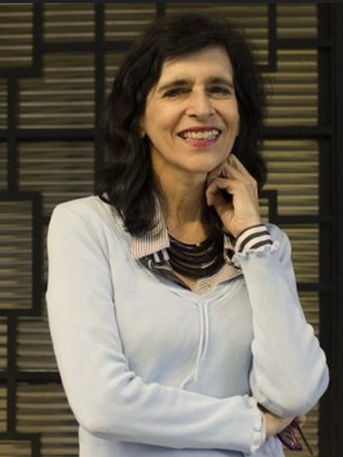RNP Forum: Marcia Barbosa will address the challenges and importance of democratizing science
Former MCTI secretary will talk about the role of open data for more diverse and inclusive scientific production
In times of misinformation and growing volume of data in the face of artificial intelligence (AI), the democratization of science is a necessity for knowledge to reach people in a positive way. This is what physicist Marcia Barbosa defends, who has emerged in recent years as one of the main voices in national science, and who will be at the RNP 2024 Forum. The event will take place from August 27th to 29th, in Brasília and registration is open.
According to the professor from Rio Grande do Sul, who until May this year held the position of Secretary of Strategic Policies and Programs at the Ministry of Science, Technology and Innovation (MCTI), opening up data is just the first step on the path to open science, which involves making knowledge understandable and accessible.
But for this transformation to occur, Barbosa emphasizes the need to create effective communication tools and well-structured databases.
"It's one thing to have open data. It's another thing for knowledge to reach people in a way that they can understand", explains the physicist, in an interview with RNP, about one of the topics she will address in her first participation in the Forum.
According to the researcher and doctor from the Federal University of Rio Grande do Sul (UFGRS), this democratization should especially reach people in unfavorable conditions, such as many women who face double shifts.
“We need not only technological responses, but responses that also dialogue with social transformation. That’s why it’s all about talking about open data and the inclusion of women in science,” she says.
Diversity in the scientific world is part of what Marcia Barbosa has lived and worked for over more than 40 years of academic life to make science a more open and inclusive space.
Both for her physical studies of water anomalies to produce drinking water and for her leading role in promoting inclusion policies in science, especially for women, the researcher was inducted as a full member of the World Academy of Sciences (TWAS). Also a member of the Brazilian Academy of Sciences (ABC), she received several honors throughout her career, such as the L'oréal-Unesco Women in Physical Sciences Award and the Nicholson Medal from the American Physical Society.
Marcia Barbosa's contribution to the democratization of science was also recognized by the United Nations (UN) in 2020, when she was part of a list of seven female scientists who shaped the world.
